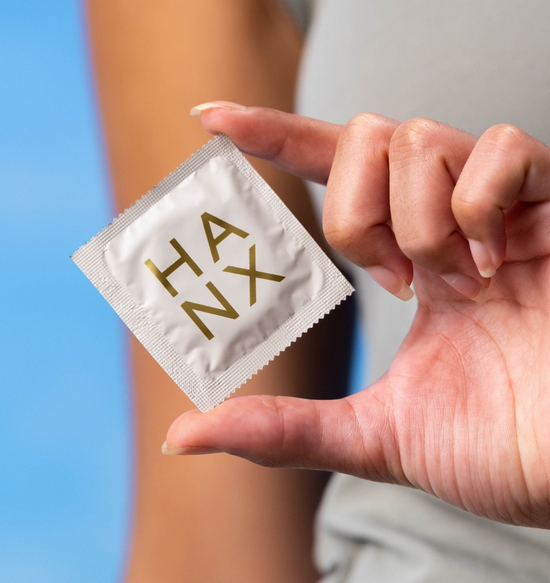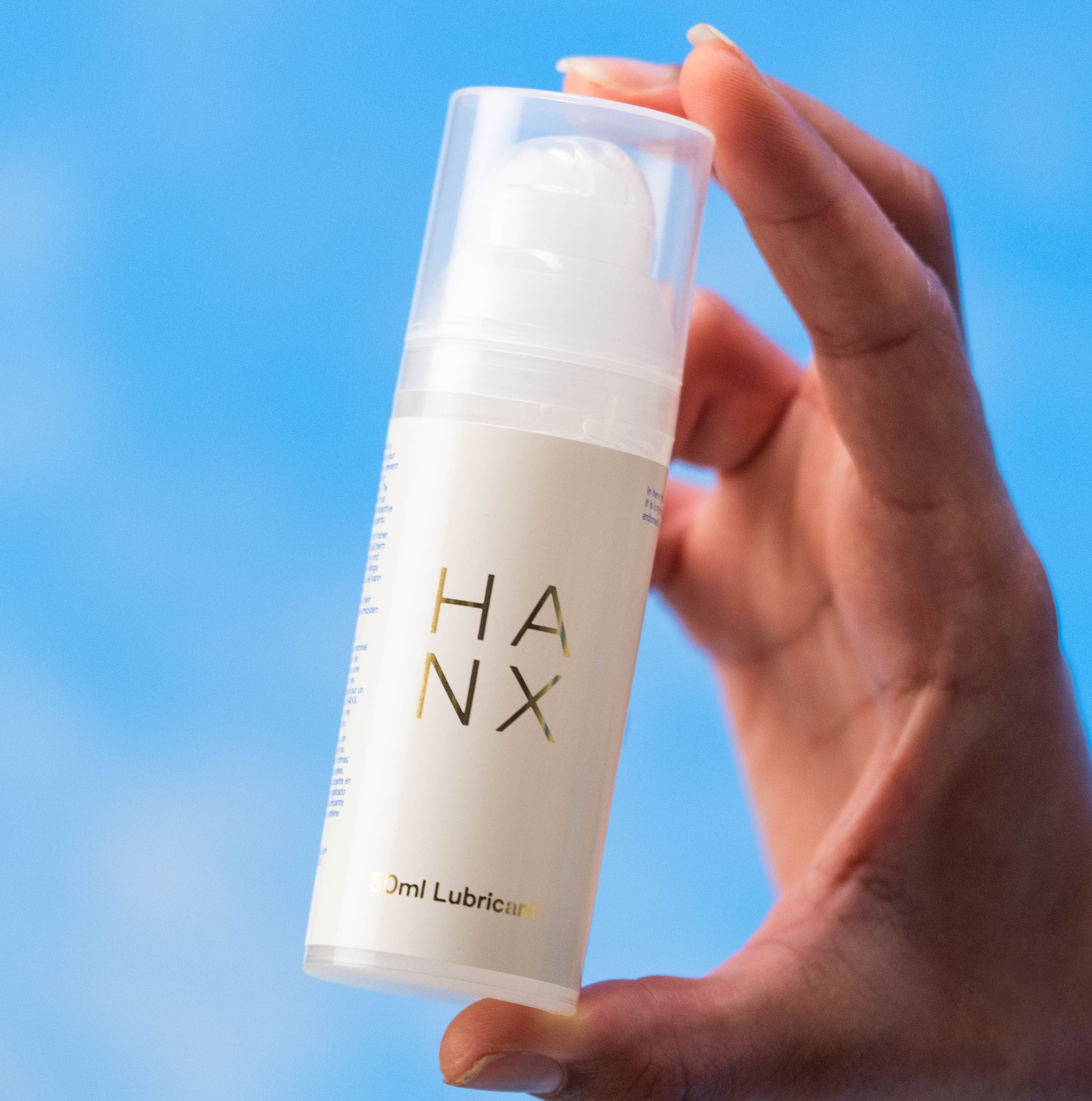Is Stealthing A New Phenomenon?
TW: please be aware we’ll be discussing rape and sexual assault in this piece.
Removing a condom during sex isn't just a betrayal of a partner, it is actually illegal here in the UK - and it's known colloquially as stealthing. Not everyone is aware, but nonconsensual condom removal or lying about wearing one in the first place, is classified as rape under English and Welsh law. With another conviction for stealthing hitting the headlines this week, it's really important that you're aware of your rights when it comes to sex, protection and consensual condom use.
What is stealthing?
Stealthing is a form of sexual assault, where a person either removes the condom mid-sex without consent, or lies about wearing one in the first place. This purposeful non-consensual removal of condoms during sexual activity is a serious offence and can have serious health consequences.
Why is it harmful?
Stealthing can leave the other person at risk of pregnancy, as well as harmful sexually transmitted infections, including HIV. Just as with other forms of sexual abuse and assualt, those who have experienced this act can feel violated and deeply distressed.
Is stealthing a new phenomenon?
Stealthing isn't a new phenomenon, but the term itself is newly created to describe the specific act of nonconsensual condom removal. A study conducted by Alexandra Brodsky at the Columbia Journal of Gender and Law focused on “providing a vocabulary and (to) create ways for people to talk about what is a really common experience that just is too often dismissed as just ‘bad sex’ instead of ‘violence.’” As society examines and recognises a broader definition of rape and acts of sexual violence, it's natural for new terms to emerge to help explain these acts. However, using a term other than 'rape' does not mean stealthing is less serious, or indeed, not rape.
Why is the term 'stealthing' controversial?
The term 'stealthing' is controversial, with some organisations including Rape Crisis preferring to use the term 'rape' because they believe:
- using the term 'stealthing' downplays the seriousness of the act, versus using the word 'rape'
- talking about nonconsensual removal of a condom as 'stealthing' can make it doesn't really count as rape
However, they also advocate for those who have experienced stealthing to be able to use whatever term feels appropriate or makes them feel comfortable when describing what has happened to them.
What do I do if I have experienced stealthing?
- Like with any form of sexual abuse, it's important to consider speaking to a friend, or a qualified individual, about what has happened. Rape Crisis offers free, 24/7 judgement-free support via their phoneline or web chat.
- If pregnancy is a possibility, make sure to take emergency contraception as soon as possible. This can be accessed for free at sexual health clinics or GPs, or for a fee via high street pharmacies including Boots or the same-day dispatch service via HANX.
- It's also important to get a health check up in case of transmission of sexually transmitted diseases. You can access free postal STI testing kits at SH:24 in the UK, or at your local sexual health clinic.
Want more?
- Our expert guide on how to tell someone you're dating that you have an STI.
- Order discreet, effective emergency contraception via the HANX digital pharmacy.






















